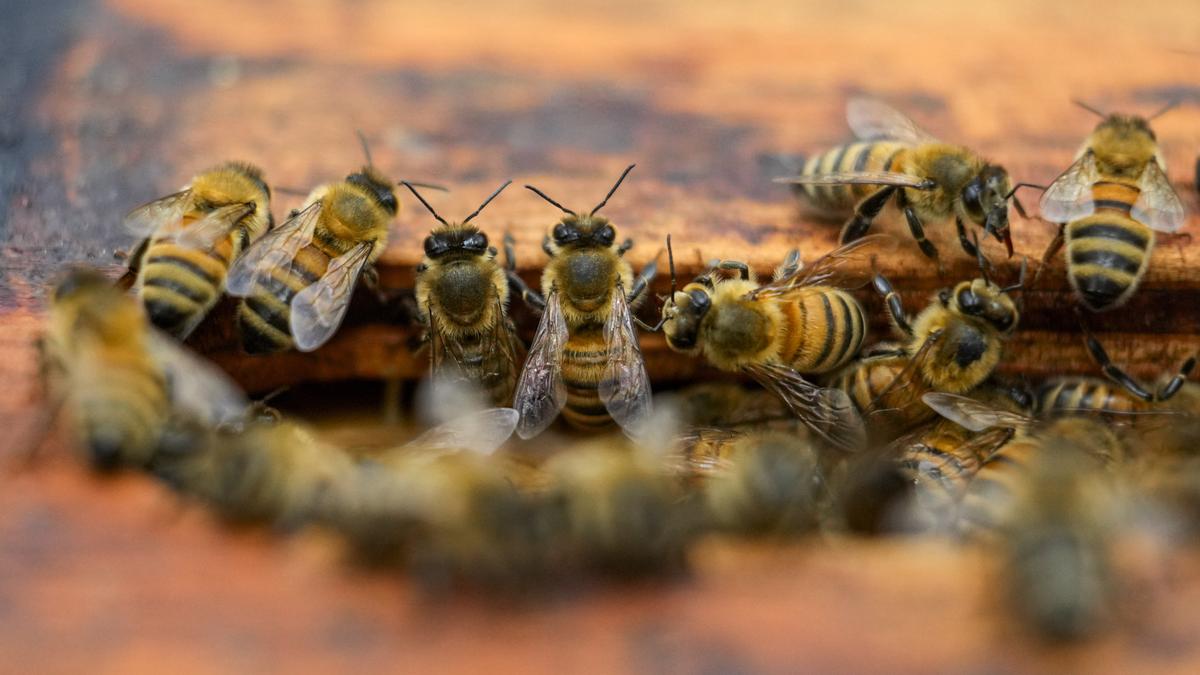Now Reading: Kerala Discovers Nine New Solitary Bee Species
-
01
Kerala Discovers Nine New Solitary Bee Species
Kerala Discovers Nine New Solitary Bee Species

Quick Summary
- Researchers from christ college, Irinjalakuda, Thrissur, have documented nine new species of solitary bees under the subfamily Nomiinae for the first time in Kerala.
- These species include Austronomia capitata, Austronomia goniognatha, Austronomia ustula, Gnathonomia argenteobalteata, Hoplonomia incerta, Lipotriches torrida, Lipotriches exagens, Lipotriches minutula, and Lipotriches pulchriventris.
- Among these, two findings are particularly noteworthy:
– The rediscovery of Gnathonomia argenteobalteata over a century after it was last recorded in india.- The discovery of Lipotriches torrida outside its type locality for the first time.
- The research team concluded that Kerala hosts 42 species of Nomiinae, accounting for 50.6% of India’s and 87.7% of South India’s known fauna in this subfamily.
- Solitary bees are essential pollinators that help sustain ecosystems and contribute to agricultural productivity without producing honey.
- Their ground-nesting habits enhance soil aeration, moisture retention, and fertility.
- This study was published in the Journal of Insect Biodiversity and Systematics (Vol. 11, Issue 3) with funding from KSCSTE (Kerala State council for Science, Technology & Habitat) and UGC (University Grants Commission).
Indian Opinion analysis
This study’s findings not only highlight Kerala’s biodiversity but also underscore India’s ecological importance on a global scale regarding lesser-known but vital pollinator species like solitary bees. By documenting nine previously unrecorded bee species – including rare rediscoveries – researchers have added critical knowledge about an ecosystem component that is essential to food security and environmental sustainability.
Solitary bees’ ability to support both ecosystems through pollination services and soil enhancement shows their dual role as ecological stabilizers in agricultural landscapes such as those found across India. Such discoveries emphasize the need for policy measures supporting habitat conservation for native pollinators amidst rising threats like land use changes or pesticides.The regional focus on under-researched fauna indicates potential gaps elsewhere within India’s biodiversity data requiring attention. Investments by organizations like KSCSTE demonstrate how targeted government support can foster important scientific advancements with implications at both local and global levels.
read more: Source
























